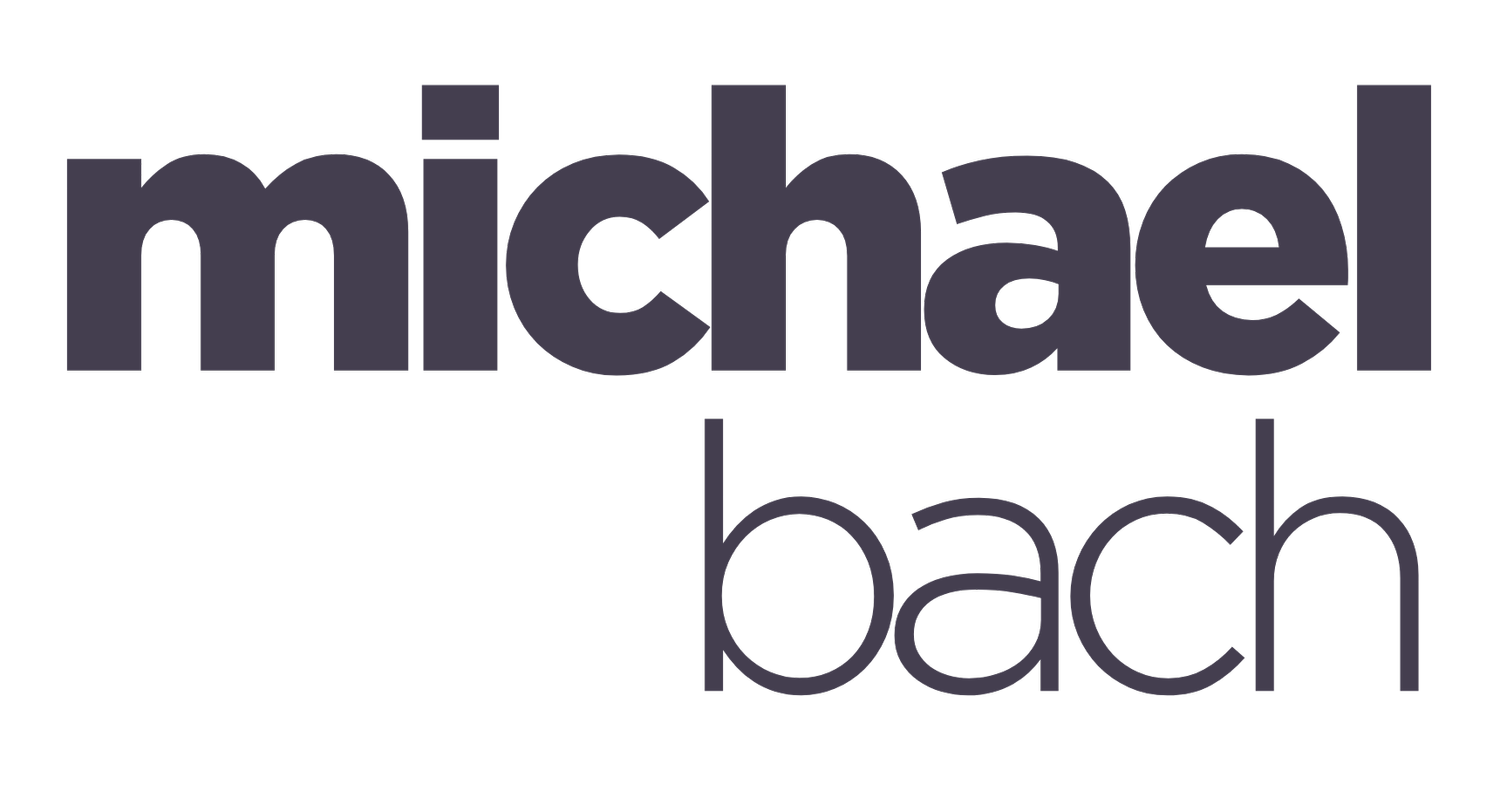Privilege Isn’t the Problem — Not Using It Is
Let’s get something out of the way: privilege exists.
It’s not an accusation. It’s not an insult. It’s not a judgment about how hard you’ve worked. It’s a fact!
Privilege is unearned advantage. It’s the things you didn’t have to think about to get where you are — like whether your name sounded “professional” enough on a résumé, whether your gender identity would make a bathroom break complicated, or whether your physical ability might derail your career.
And here’s the kicker: almost everyone has some type of privilege. The question is — what are you doing with yours?
🧠 Understanding Privilege: A Working Definition
Privilege is contextual. It shifts based on time, place, and identity. You can experience marginalization in one area of your life and still benefit from privilege in another.
Maybe you’re white. Maybe you’re cisgender. Maybe you’re able-bodied. Maybe you grew up with financial security. Maybe your boss has always looked a lot like you.
These aren’t badges of shame. They’re realities. And once you recognize them, you have a choice:
❓ Ignore it
❌ Defend it
💥 Or leverage it
Guess which one makes the world better?
💪 Privilege Isn’t the Enemy — Apathy Is
There’s this fear that acknowledging privilege somehow diminishes your accomplishments. It doesn’t. It just adds context.
Yes, you worked hard. And yes, you may also have had fewer barriers in your way. These two things can be true at the same time.
Here’s the truth: if you have privilege, you have power. And that power can do a heck of a lot of good — if you choose to use it.
🔁 What Leveraging Privilege Looks Like
You don’t have to quit your job and become a full-time activist to make an impact. You just need to act. Here’s what that can look like:
🗣️ Speak up when others can’t.
In rooms where your voice is heard, make sure it echoes those who are often ignored.
🚪 Hold the door open — and keep it open.
Mentor. Sponsor. Recommend someone whose name isn’t already in the room.
📢 Interrupt bias in real time.
When someone says something harmful or dismissive, say something. Silence is complicity.
💼 Make space, don’t just “give” it.
Equity isn’t about charity — it’s about changing the system so everyone can thrive without needing a handout.
🔍 Examine your decisions.
Who are you promoting? Who gets the stretch assignments? Who’s “not ready” — or is that just code for “not like me”?
📉 When You Don’t Leverage It, Privilege Protects the Status Quo
When people in positions of privilege stay silent, the burden of change falls on those already facing the most barriers. That’s not fair — and it’s not effective.
Change happens faster when those with power choose to wield it differently; when they stop hogging the mic and start passing it; when they build longer tables instead of higher fences.
You don’t have to be perfect. You just have to be willing.
🚀 From Guilt to Action
This isn’t about guilt. Guilt is useless unless it leads to growth. The goal isn’t to feel bad about your privilege — it’s to do something with it. It’s about using what you’ve got — access, voice, power, platform — to make space for others who have to work harder just to be in the room.
💥 The Bottom Line
Privilege isn’t inherently bad. Wasted privilege is.
The most inclusive, equitable organizations — and communities — are built when people in power don’t just invite others in, but actively redesign the room so that everyone belongs.
So, what’s your privilege? And more importantly… what are you doing with it?
Learn more about Michael’s speaking topic, My Superpower is Privilege: Understanding Your Secret Weapon to Create Inclusive Spaces.

